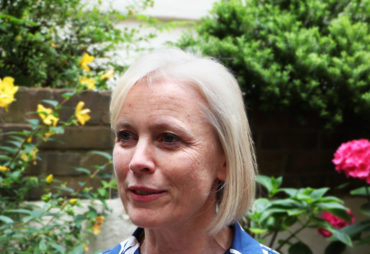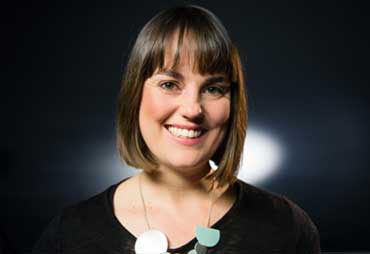The Marine Stewardship Council (MSC) is a global, independent non-profit organization which sets a standard for sustainable fishing. MSC works with partners in an effort to make the world’s seafood markets sustainable. With credible standards for sustainable fishing and seafood traceability MSC seeks to increase the availability of certified seafood. The organization’s distinctive blue ecolabel makes it easy for consumers to choose a sustainable option. MSC’s vision is of the world’s oceans teeming with life, and seafood supplies safeguarded for this and future generations. MSC collaborates with fishers, retailers, processors, consumers, and others to drive change forward. They never compromise on the environmental standard they set, nor on their independence. MSC leads the world in wild capture fishery certification, with the most trusted, recognized, and credible seafood ecolabel.
Wholesalers, retailers, and consumers commit to buy only sustainably sourced fish. Fisheries operating illegally or applying poor management practices, including unintended by-catch of non-target species, would not find a market for their products.
Market-driven Adoption of the Standard Retailers and consumers come to expect certified products and reject others; need for reliable, quality supply and enhanced brand value drives adoption more broadly in the supply chain.
From an early age, Rupert Howes was passionate about nature. Influenced by conservationists like David Attenborough, he was determined to make the world more sustainable. Although he ultimately became an economist instead of a marine biologist, he never strayed from his childhood passion. He worked with environmental organizations, wrote a book on motivating industries to improve environmental performance and championed corporate responsibility. In 2004, he became CEO of Marine Stewardship Council (MSC) because, he said, his economic training and general pragmatism “convinced me that we have to work with the grain of the market if we are to shift our economic system to a more sustainable footing. Markets are not perfect, but they can work better.”


